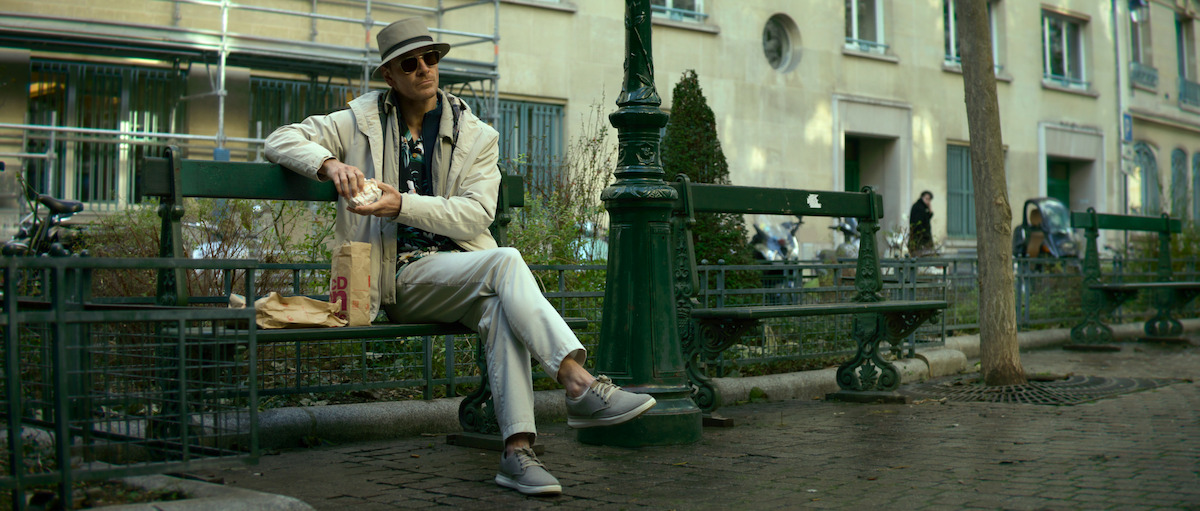
The assassin genre of film has been done to death. With such illuminary filmmakers as Martin Scorsese and Quentin Tarantino putting their style onto brooding hitmen (and women), there is not much new ground to cover. So what made David Fincher, who reinvigorated the detective noir with his always-raining city in Se7en, decide to try his hand at it?
In The Killer, now on Netflix, Fincher focuses his lens on an unnamed hitman, played aptly by Michael Fassbender. Despite being nameless, the Killer narrates his every thought to the audience, allowing them to get to know him better. His worldview is extremely narrow with part of his dogma being “Trust no one.” While the first chapter of the film relies heavily on narration for pacing, later it is used effectively to underline certain ironies. Fassbender’s Killer is truly dedicated to his job, and Fincher wants to show us how mundane it can be to be a hitman. Unfortunately, the film then follows a pretty typical plot of the “botched job” and the consequences of that act. The perfectionist Killer is suddenly not perfect.
Viewed alone, the first chapter of the film would be a masterclass in filmmaking. There are long stretches with no action at all, most dialogue coming from the Killer’s narration, but a sense of dread and suspense begins to overwhelm the audience. This film is called The Killer, after all, and at some point this hitman is expected to find his mark. But the mundane aspects are played up to the point of comedy. Fassbender, or his double, does some of the most back-bending yoga moves while he awaits his mysterious mark to arrive. He is meticulous about cleaning up after himself, wearing gloves and spraying down surfaces to hide his trail. These details are not skipped in favor of faster action sequences.
Certain aspects of the film highlight the modern age that we live in. The Killer is introduced while he is hiding in a seemingly abandoned WeWork office that is perpetually under construction. He consults a smartwatch to check his pulse before pulling the trigger on his sniper rifle. Later, he orders some illicit gear from Amazon and picks it up at an Amazon Locker. These elements bring something fresh to the genre, as they are simply part of modern life. None of those elements are futuristic or portrayed as a simple solution. They simply are. What does that say about our society that we’ve made it easier than ever for the Killer to do his work?
This kind-of cynical worldview pervades the film, but does not fully represent it. Despite his mantras and dog-eat-dog beliefs, the Killer then goes on a second trope journey – “This Time Its Personal”. The plot plays out pretty much as expected. A weakness of the film is the sparse dialogue. Each chapter of the film plays out in a different part of the world and focuses on his new mark. In her one scene, Tilda Swinton shines as the unnamed Expert. But even she is quick to point out that it makes no sense that the Killer would meet her to have a discussion before finishing the job.
In the world of cinema, quirky killers are a dime-a-dozen. Was David Fincher drawn to the story of The Killer because he saw some of his own perfectionist qualities in the main character? And even if that is true, can that fact alone elevate what is a fairly middle-of-the-road story? While there are thrills to be had, this cliched story does not offer much else besides a well-worn plot.
Available to stream Nov. 10 on Netflix
The Killer, 118 mins, Dir: David Fincher
Starring: Michael Fassbender, Tilda Swinton, Charles Parnell
★★★☆☆
